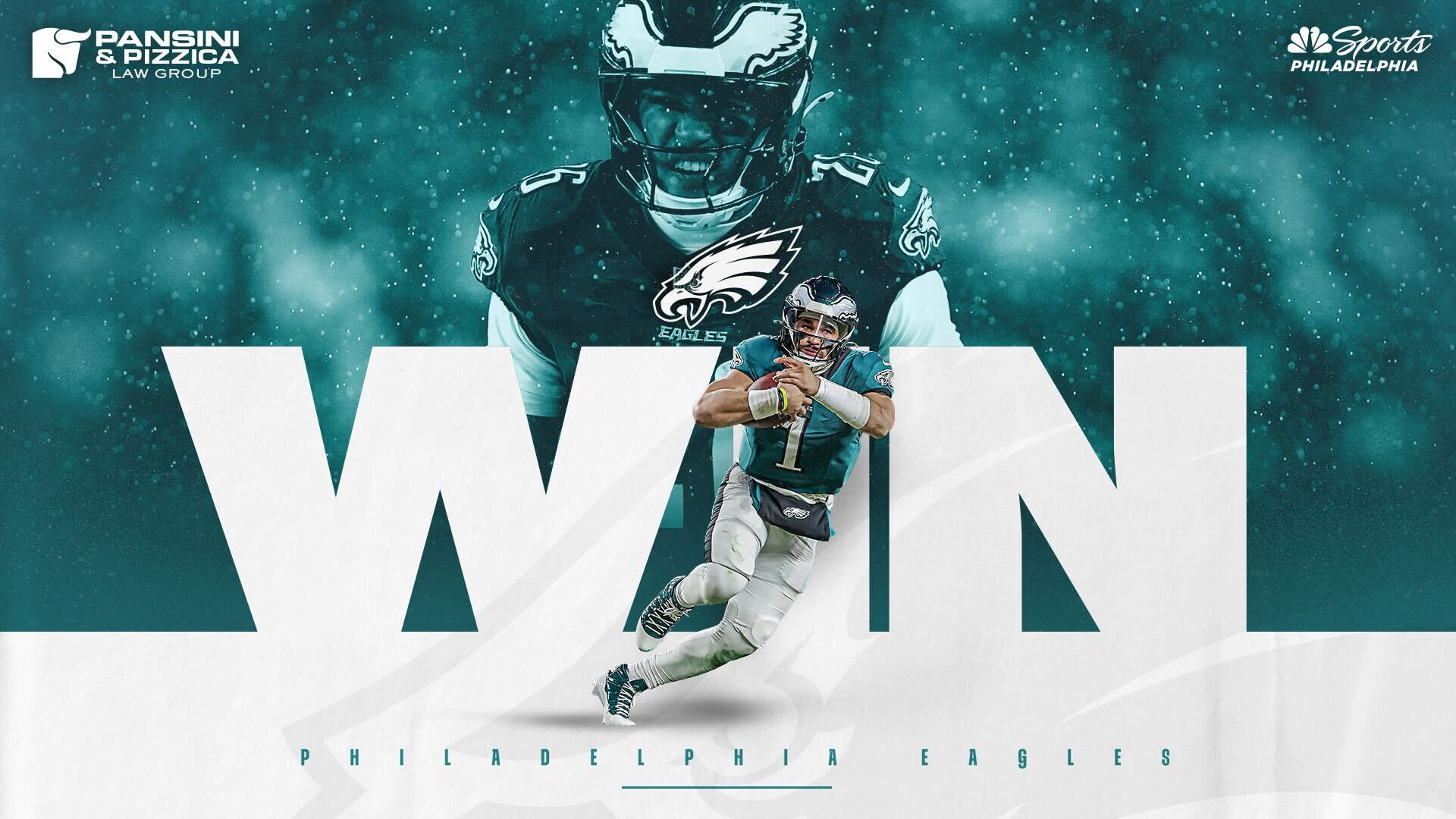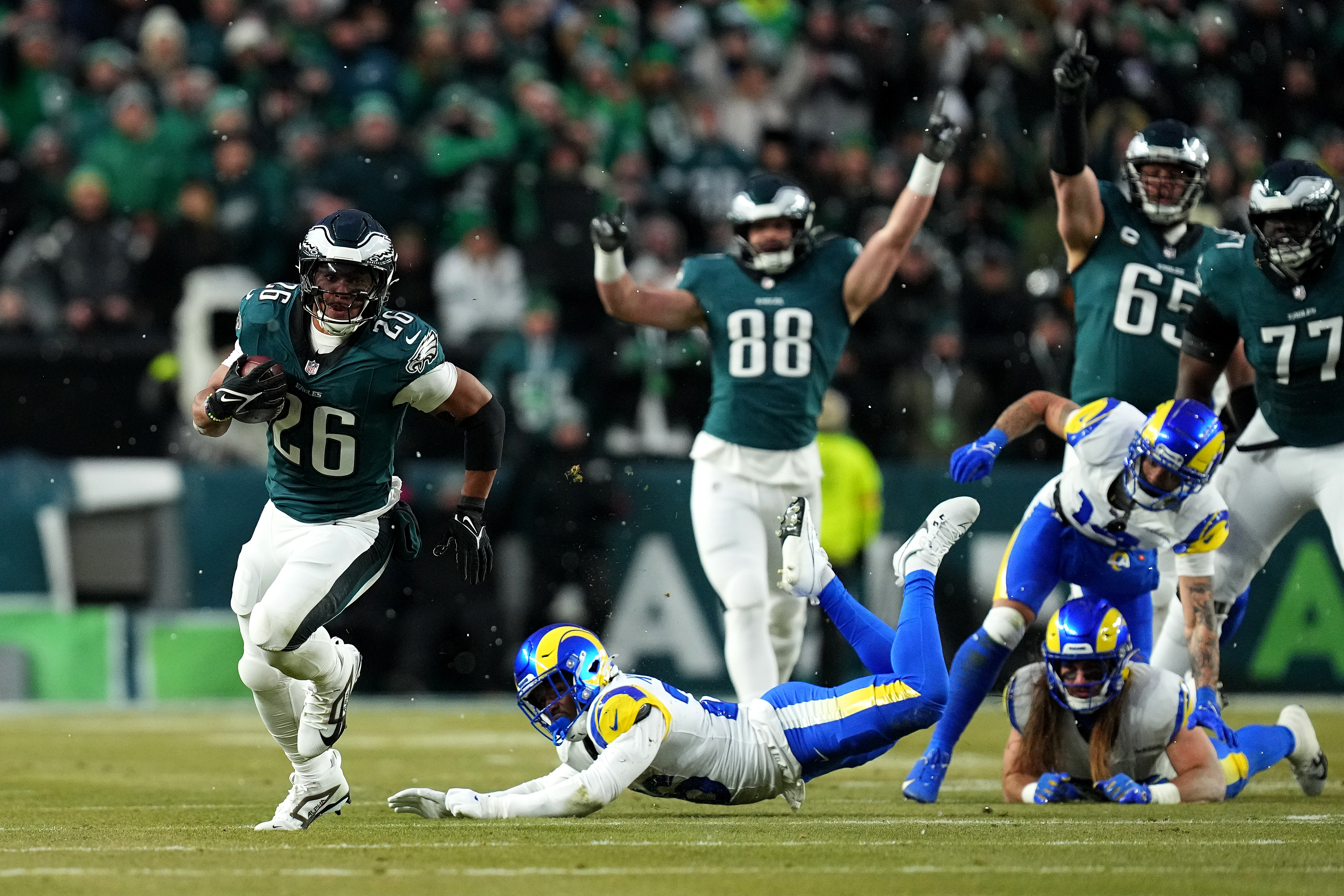What to Know
- Lawyers appeared in court Tuesday to oppose a rule to require retired players to be tested for concussions by doctors within 150 miles.
- Senior U.S. District Judge Anita Brody, who has overseen the case since 2011, suggested the travel limit is needed to prevent abuse.
- The fund, expected to pay out more than $1 billion over 65 years, has paid out $485 million so far.
The NFL concussion fund has paid out nearly $500 million in its first two years, but some players' lawyers say there aren't enough doctors in the approved network to evaluate dementia claims.
They went to court Tuesday to oppose a rule to require retired players to be tested by doctors within 150 miles of home to prevent "doctor shopping" and suspected fraud.
Fund administrator Orran Brown said ex-players from around the country had flocked to four doctors now dismissed from the program who had "high-volume" traffic and some suspect findings.
"We didn't notice it until the claims were coming in," Brown said. "Forty-six million dollars went out the door on these claims before we could flag it."
The settlement resolves thousands of lawsuits that alleged the NFL long hid what it knew about the risk of concussions.
Senior U.S. District Judge Anita Brody, who has overseen the case since 2011, suggested the travel limit is needed to prevent abuse.
Sports
In partnership with NBC Sports Philadelphia
"A few were brought to my attention where we had a lawyer from Pennsylvania and a player from Florida going to a doctor in Texas. And that was a red flag," Brody said.
Philadelphia lawyer Gene Locks, who represents some 1,100 retired players, urged Brody not to adopt the rule, saying his clients agreed to the settlement believing they could choose their own doctors.
"They had bad experiences with the NFL benefit program, both during their playing time and after their playing time, when they felt they were used and abused, and were not going to the doctors they wanted to," Locks argued.
He said there are at least 30 different subspecialties of neurology, only a few of them well-suited to evaluate his clients.
Brown acknowledged he's still trying to recruit doctors in some parts of the country for the program. He suggested Brody adopt the 150-mile rule but allow him to grant exceptions. The fund, expected to pay out more than $1 billion over 65 years, has paid out $485 million so far, and another $174 million in claims have been approved, Brown said.
The NFL has appealed about 30% of the approved claims, but closer to 15% if the four doctors removed from the program aren't counted, according to players lawyer David Buchanan.
If someone wants to travel "to see a world-renowned physician, or a world-renowned neuropsychologist, they should have that right," Buchanan said.
Lawyers for the NFL monitored the hearing but did not take part in Tuesday's arguments.
The settlement, forged in 2013 and later amended, offers more than 20,000 retired players baseline testing and compensation of up to $5 million for the most serious illnesses linked to football concussions, including Alzheimer's disease, Parkinson's disease, amyotrophic lateral sclerosis and deaths involving chronic traumatic encephalopathy, or CTE.
Many of the more serious — and more straightforward — claims were settled in the first years of the program.



